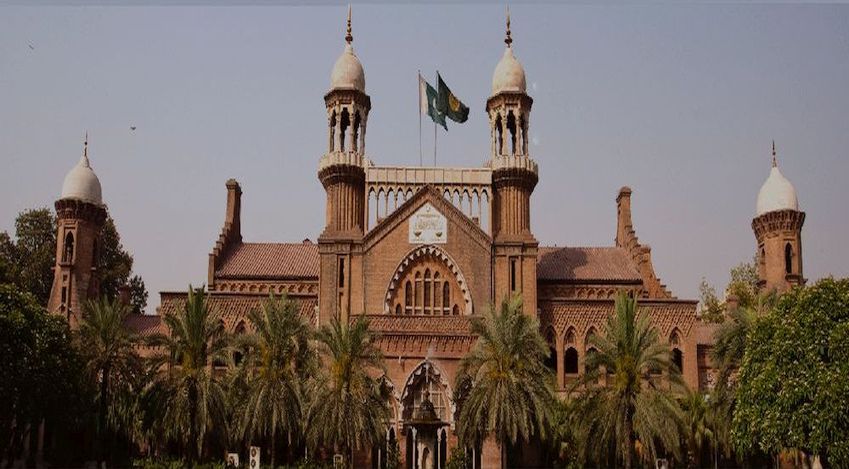Under Section 47 of the Registration Act, 1908, the Sale became effective from the Date of Execution, not Registration, which occurred after the Pre-Emption Demands --- Lahore High Court, Lahore
Islamabad 21-10-2024: In a significant ruling, the Lahore High Court has dismissed the Civil Revision Petition in the case of Syed Shehanshah Raza Hussain Rizvi Vs. Tariq Nawaz Khan & Others [Civil Revision No. 3252 of 2016]. The Court upheld the appellate Court’s decision, dismissing the petitioner’s suit for possession through pre-emption, reinforcing key legal principles concerning pre-emption rights, subsequent sales, and procedural requirements under the law.
The petitioner filed a suit claiming the right of pre-emption under the Punjab Pre-emption Act 1991, asserting that he was entitled to the property sold to the first respondent, Tariq Nawaz Khan, based on his superior rights as Shafi Sharik, Shafi Khaleet, and Shafi Jar. The trial Court initially ruled in favor of the petitioner, but respondents No.2 to 4, subsequent purchasers of the disputed land, successfully appealed, leading to the dismissal of the suit. The petitioner then sought revision before the Lahore High Court.
The Lahore High Court, presided over by Mr. Justice Ahmad Nadeem Arshad, delivered a detailed judgment, analyzing multiple aspects of the pre-emption law. The Court found that the petitioner failed to fulfill critical legal and procedural requirements for a successful pre-emption claim.
The petitioner was unable to produce sufficient documentary evidence to establish his ownership of the adjacent property, necessary to prove his pre-emption rights under Section 6 of the Punjab Pre-emption Act, 1991. The Court reaffirmed that mere assertions of being Shafi Sharik, Shafi Khaleet, or Shafi Jar are not enough without concrete proof of ownership or special rights attached to the property.
The petitioner also failed to demonstrate proper fulfillment of the Talb-i-Muwathibat (immediate demand) and Talb-i-Ishhad (notice), crucial steps in exercising the right of pre-emption. The absence of the acknowledgment due receipt for the Talb-i-Ishhad notice was fatal to the petitioner’s claim, in line with the Supreme Court’s decision in Bashir Ahmed Vs. Ghulam Rasool (2011 SCMR 762).
The Court addressed the issue of a subsequent sale executed by respondent No.1 to respondents No.2 to 4 before the pre-emption demands were made. Citing Section 47 of the Registration Act, 1908, the Court held that the sale became effective from the date of execution, not registration, which occurred after the pre-emption demands. The principle of lis pendens was found inapplicable since the sale predated the suit.
The Lahore High Court upheld the findings of the appellate Court, emphasizing that in revisional jurisdiction, appellate Court judgments carry greater weight unless shown to suffer from legal errors or irregularities.
The Lahore High Court concluded that the petitioner failed to establish his superior right of pre-emption, as well as the proper performance of pre-emption demands. The sale to respondents No.2 to 4 was upheld as valid, and the petitioner’s suit was dismissed.
This ruling reaffirms key principles surrounding pre-emption rights under the Punjab Pre-emption Act, 1991, and the procedural strictness required for exercising such rights. The Court’s emphasis on producing conclusive evidence for claims under pre-emption law stands as a critical reminder for future litigants.
The Civil Revision was dismissed with no order as to costs.
Powered by Froala Editor








